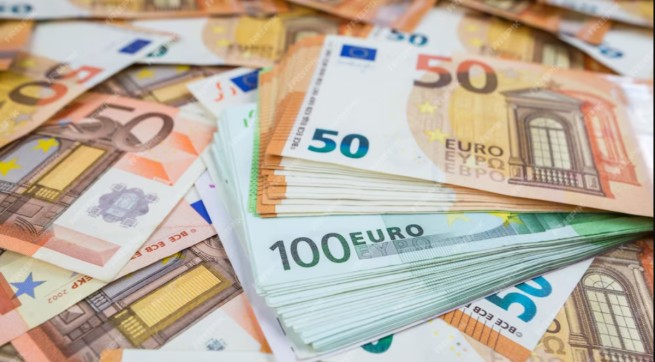The media market in Greece is characterized by digital fragmentation, lack of trust in news, politically polarized press and dependence on the government, according to Reuters’ annual report Digital News Report 2021.
Long-standing political polarization in Greece is reflected again in its media landscape in 2020. The pandemic has also had a major impact on the media, with TV ad spend falling 61% in 2020 compared to 2019.
During the first wave of COVID-19, the government’s decision to spend € 20 million on a “stay at home” ad campaign was heavily criticized. The campaign ended up funding 1,232 news companies, including 627 digital news websites, some of which were not legitimate news organizations.
The fact that 54% of Greek respondents opposed the government intervening to help commercial news organizations unable to support themselves – one of the highest in 46 countries – may have been fueled by this controversy.
Syriza, the largest opposition party, accused the government of unfavorable newsletter coverage of ERT, the state broadcasting service, following a long tradition of similar complaints from opposition parties. In turn, the current government accuses ex-minister Syriza of interfering in the television licensing process under the previous administration.
In March 2021, discussion intensified on the role of social media platforms in politics and the public sphere. The prime minister called social media a “threat to democracy,” drawing attention to the toxic nature of public debate and the level of disinformation on social media. This prompted a strong reaction from the opposition and social media users, who accused the prime minister of trying to criticize information gateways that he cannot control. Meanwhile, the Facebook-approved Greece fact-checking program, Greek Hoaxes, has been at the forefront of much debate, controversy and attack on both the left and right.
Greece’s national television landscape was relatively stable last year after a long period of turmoil, including the closure of broadcasters and licensing disputes. One of the few changes was the reopening of MEGA TV, for many years the largest commercial TV company in Greece, after being closed for 1.5 years due to financial difficulties. The canal was bought by Evangelos Marinakis, who recently acquired many old outlets. The station has not yet achieved the leading role it played before. The public service broadcaster’s newsletter saw modest growth in ratings, while there was a strong push towards digital with the creation of the public web platform ERTflix, which includes news but is mainly used for entertainment programming.
Digital news market in Greece remains fragmented
The average respondent to the Digital News Report survey in Greece uses more digital news sources per week than respondents from all the other 46 countries in the sample, excluding Kenya. This finding highlights the sporadic and fragmented nature of digital news consumption in Greece. This may help explain the country’s lack of a culture of paying for news over the Internet, with the exception of some niche publications.
Podcast usage in Greece has increased over the past year – 40% of online news users tell us they are listening to podcasts in a particular month. One of the most successful Greek podcast initiatives is pod.gr, a podcast-only media that publishes content on a variety of topics, including news and politics. Several digital-savvy news organizations such as LiFO and 24Media have also successfully produced their own podcast series.
Greece had its own #MeToo moment in early 2021, with hundreds of women and men publicly talking about their experiences of sexual harassment and abuse following public exposure. Sofia Bekatorou, sailing champion. Most of the revelations came from those in the entertainment industry, which caused a stir. However, as of March 2021, there has been no public debate about sexual violence in journalism. Mainstream journalism was also largely absent from coverage of the #MeToo movement in Greece. Greek news organizations reported revelations, but did not conduct their own investigations, as they do in other countries.
In recent years, we have witnessed a number of digital initiatives aimed at strengthening investigative and independent journalism in Greece. One of these is Reporters United, a center dedicated to supporting investigative journalism in Greece and connecting it to international networks. Another is slow news journalism Inside Story, which has published a number of investigations this year, primarily related to the government’s processing of data on the pandemic. Finally, iMedD (Media Education and Development Incubator), a non-profit organization funded by the Stavros Niarchos Foundation, was launched to support independent journalism and disseminate best practices.
Full analysis by reference here






More Stories
Jennifer Aniston: 9 to 5 remake
More than 2 million taxpayers are at risk of seizure of accounts and assets
IOBE: Poverty threatens Greece